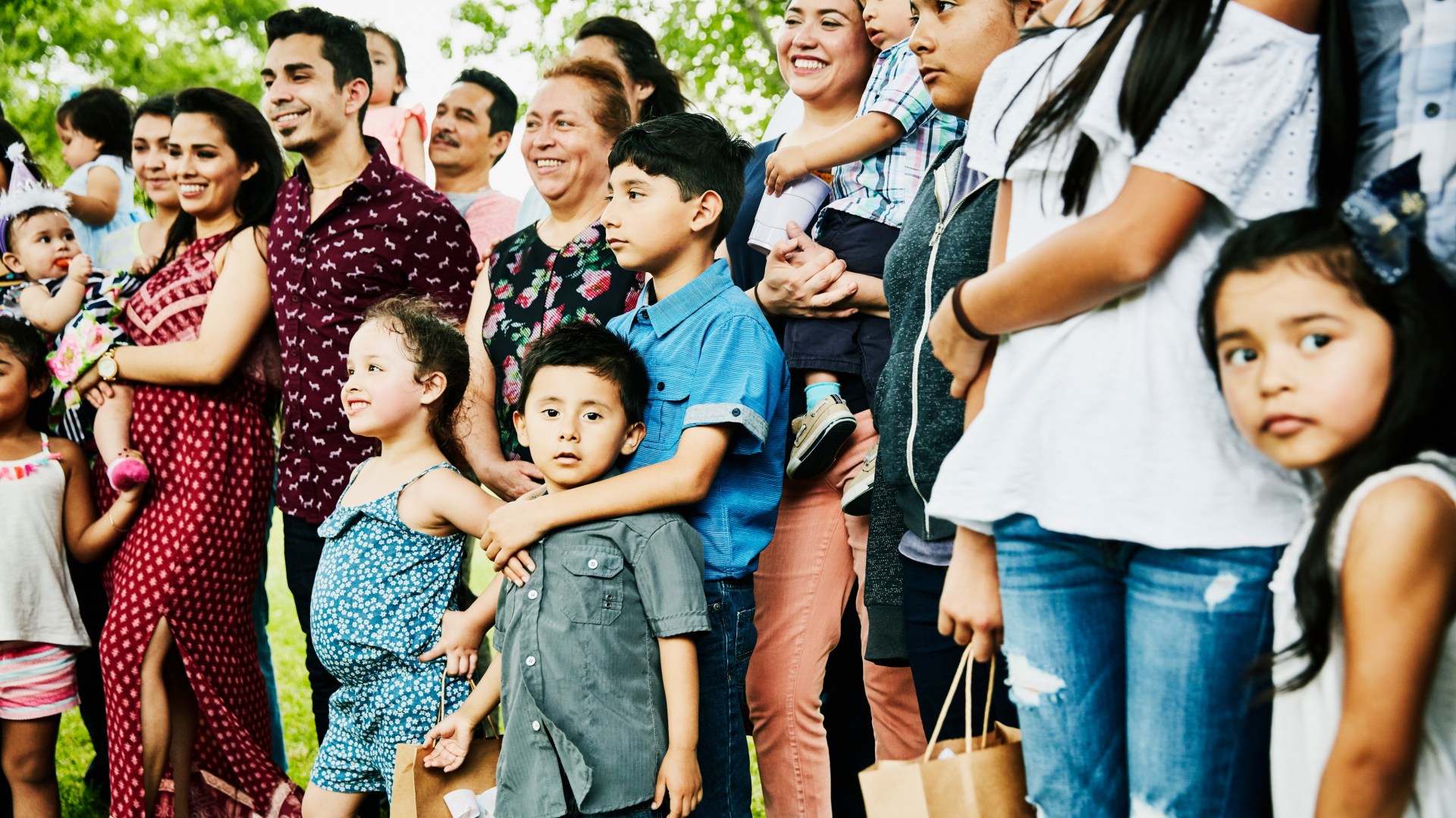My daughter says I’m a poster child for lifelong learning. Not only did I homeschool most of our children, but now as a grandmother I’m working on a doctor of education (EdD) in educational leadership. As there’s still much to learn, I am committed more than ever to loving the Lord with all my mind.
While I’ve always valued education, that doesn’t mean it’s been easy. Since English was my second language, I encountered challenges as early as elementary school. By the grace of God, I was able to learn curriculum alongside language development, later becoming a first-generation college graduate. In beating the statistics, I am strengthened in my resolve to help others do the same.
We are 18 years into a new century, yet Hispanic families still see how one side of town is afforded much better educational opportunities than another. Not all families can consider homeschooling or private school. Therefore, we must be commited to ensuring educational equity for all children.
An equal education for all students is a matter of biblical justice, and our churches are the birthplace of justice. Church leaders and members should consider how they can support education equity for all students. Reflect on the following questions: Which schools need support and involvement? How can you show the love of Christ to struggling students and their families? What do families in your neighborhood and church need for their students succeed?
A simple first step for prioritizing education is to sign up for Education Sunday. Thousands of churches participate in Education Sunday on the first Sunday of September, which opens the door to year-long discussions about the value of loving the Lord with our minds. Conversations and activities naturally begin to flow as topics arise: mentoring students, helping parents understand the value of teacher meetings, offering resources for college scholarships, and taking students on campus tours. Asking how we can support students will begin the process of improving educational outcomes in our communities.
Your church can creatively support education in countless ways. Our congregation has sponsored a weekly ministry called Learning-to-Learn. Students from the church and community received practical study tips, homework assistance, and basic etiquette skills from a volunteer faculty. Academic support was complemented by a course in politeness, table manners, and introduction protocols. Focusing on a holistic approach to training, encouraging, and celebrating the students’ advancement has helped them and is evidenced by their development of useful, lifelong skills.
There’s so much churches can do to make a difference in the lives of students. We can help them learn, achieve, and walk the path to college readiness. Together we can help raise the standards for children in our communities so they can reach their God-given potential—this year and for years to come.
Leticia Reyes is in the dissertation phase of her EdD in educational leadership at Dallas Baptist University. She is the proud grandmother of eight.









